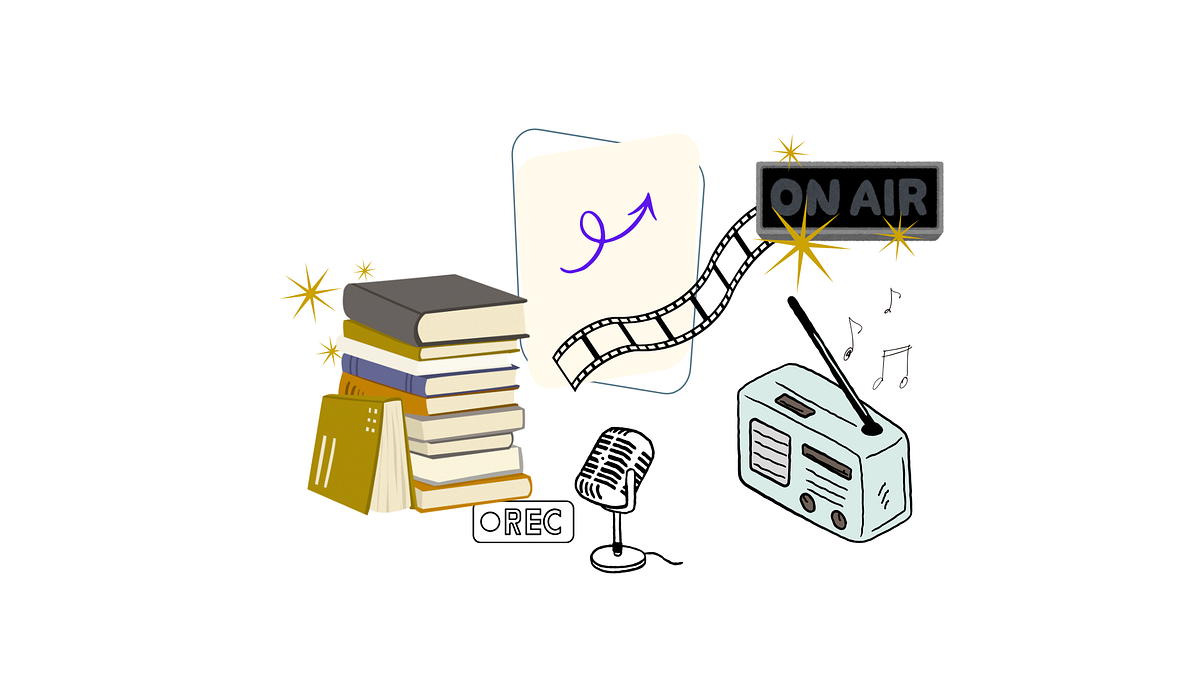When Sleep Became My Enemy (and How I took It Back) | by Victor Salam | Aug, 2025

How magnesium, Breathing, and mindset broke my sleep anxiety.
Six nights. Barely 30 minutes of sleep each. I wasn’t just exhausted — I was losing myself.
Would you still be yourself after that? Or would you start questioning if you were even alive?
That’s what happened to me. Sleep, once natural, became something I feared.
When Sleep Was Easy
As a kid, sleep was effortless. I’d curl up beside my mom, her gentle pats on my back lulling me to sleep in minutes. No worries, no overthinking — just pure, easy rest.
The First Cracks
when I was an adolescent, I noticed a shift. Falling asleep took 1–2 hours. It wasn’t a crisis yet — I still slept eventually, so I brushed it off. Looking back, though, that was the first sign something was changing.
Age 20 (2017) — Lightning Strikes
All of a sudden, for six nights straight, I barely got 30 minutes to an hour of restless dozing. I felt half-dead, stumbling through life.
I tried everything — showers, tearful prayers, begging for rest. Nothing worked. Each morning, the rooster’s crow outside hit like a slap: “You failed again.” That sound became a trigger, and even now, it can pull me back to those dark nights.
I saw a doctor, who prescribed sleeping pills and antidepressants. They helped briefly, but the sleep felt forced, not natural. Melatonin was no better — it left me groggy. The fear of not sleeping grew bigger than the sleeplessness itself. If I had an exam or meeting, I’d lie in bed panicking: “What if I can’t sleep?” That thought alone guaranteed I wouldn’t.
It was a vicious cycle: no sleep → fear of no sleep → more no sleep. The longer it went, the harder it was to break.
Age 27 — The Wake-Up Call
The episodes kept returning. Then, at 27, a new low hit. I developed a vision problem in my left eye — Central Serous Retinopathy (CSR). Stress and high cortisol had caused fluid to leak under my retina, leaving a blurry, dark spot in my vision.
The eye doctor’s words shook me: “You’re young and healthy — fix your stress and sleep, or this will keep coming back.”
The idea that sleeplessness was physically damaging my eyes was my breaking point. I had to change.
Rebuilding My Relationship with Sleep
After years of trial and error, I realized I couldn’t force sleep — I had to rebuild my relationship with it. Journaling, meditation, and reducing phone use helped a little, but they weren’t enough alone.
The hardest truth about sleep anxiety? Once it breaks, it’s brutally hard to fix. Every night feels like climbing a wall with no foothold. But one good night can restart the flow of natural sleep. That contrast was a revelation.
My cycle worked like this: one bad night fueled worry about the next. If I had something important the next day, the stress made it worse. My brain treated sleep like a test I was doomed to fail. But then, I found what worked.
The Turning Point
Magnesium Glycinate: My Game-Changer
My breakthrough came with magnesium glycinate. The first night I took it (440 mg, 30 minutes before bed), I slept like baby that day with wild dreams and woke refreshed. Unlike melatonin’s groggy haze, magnesium calmed my nervous system, letting sleep happen naturally.
Breathing Deeper to Sleep Better
I also discovered I was a shallow chest breather, keeping my body tense without realizing it. Learning how to breath from belly along with 4–7–8 technique — inhale for 4 seconds, hold for 7, exhale for 8 — changed everything. It slowed my thoughts and relaxed me before bed.


